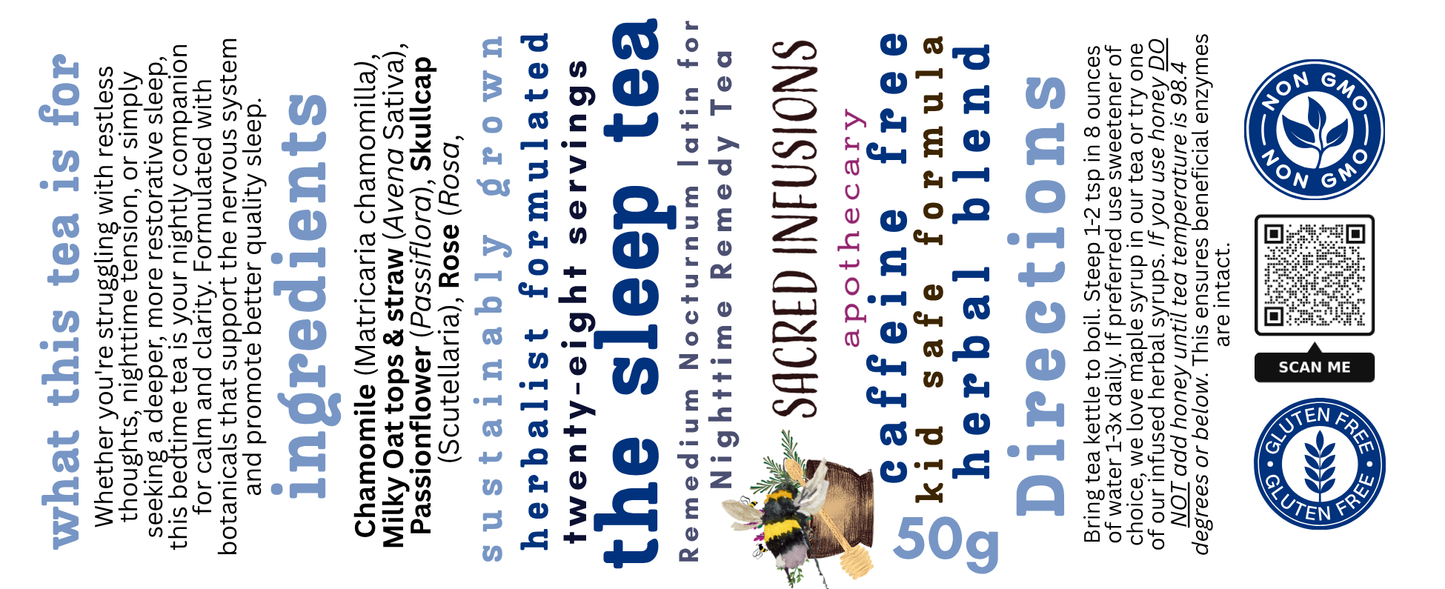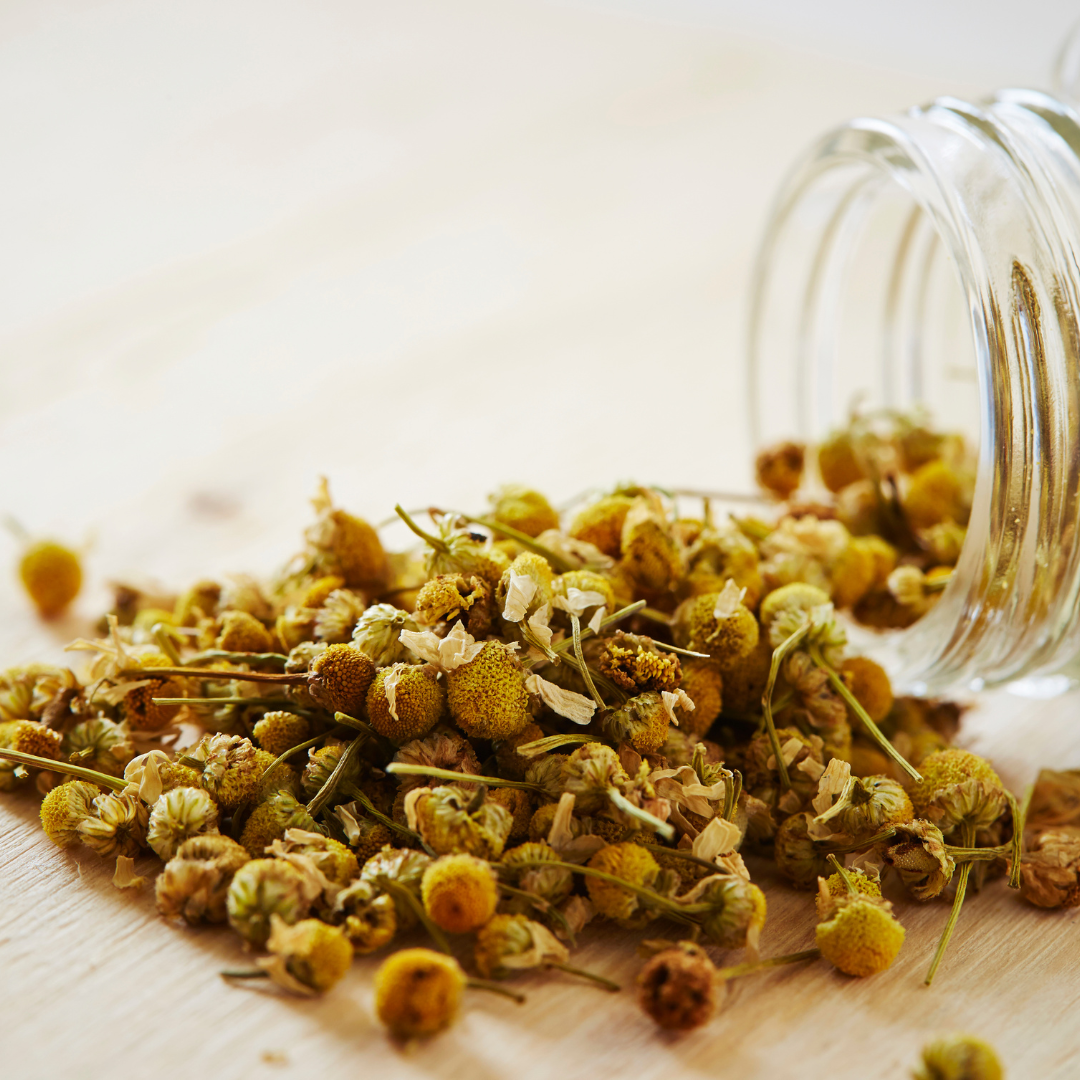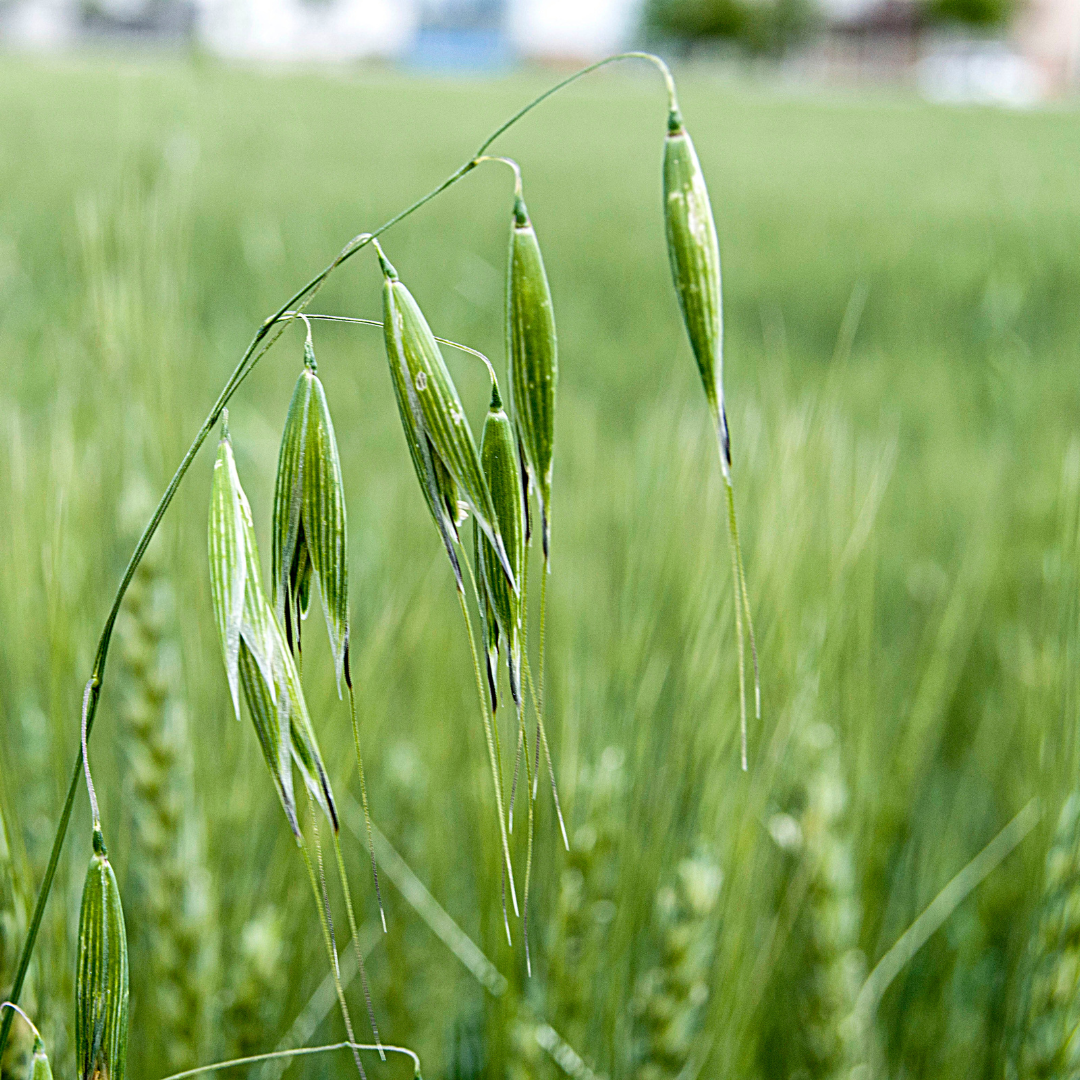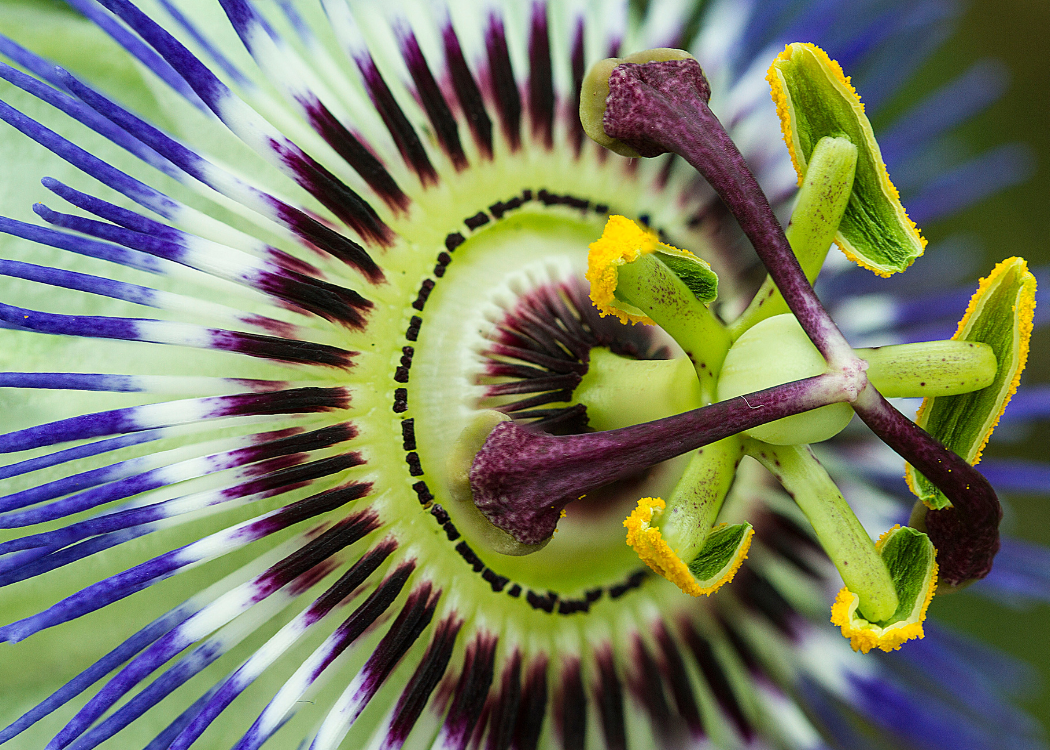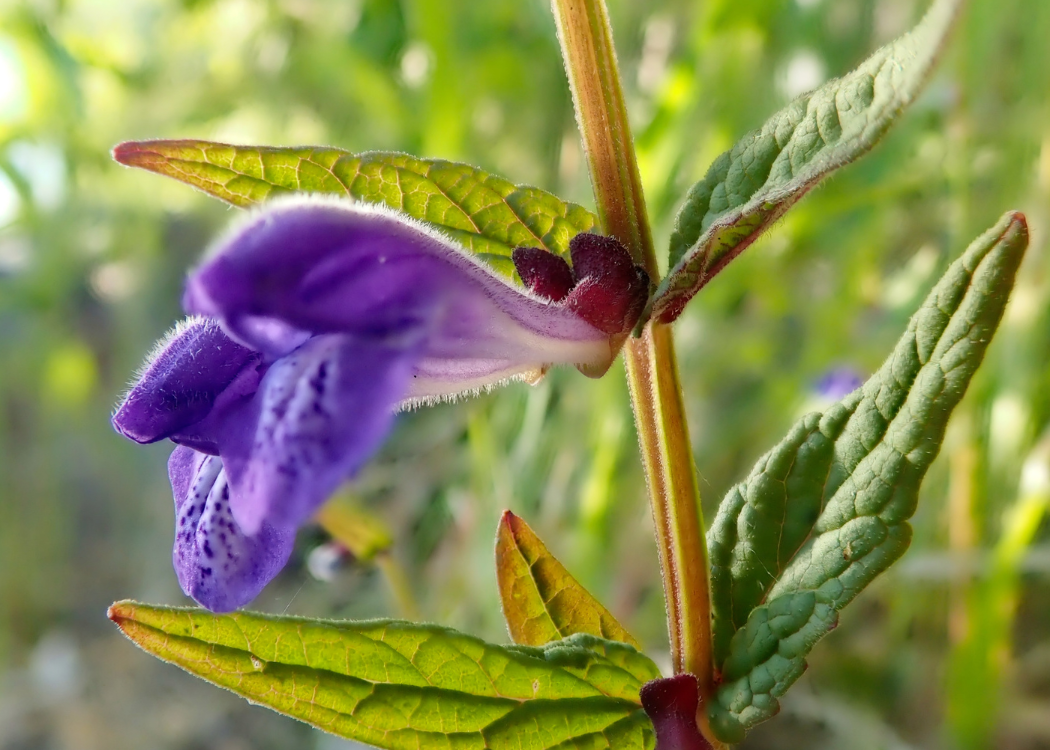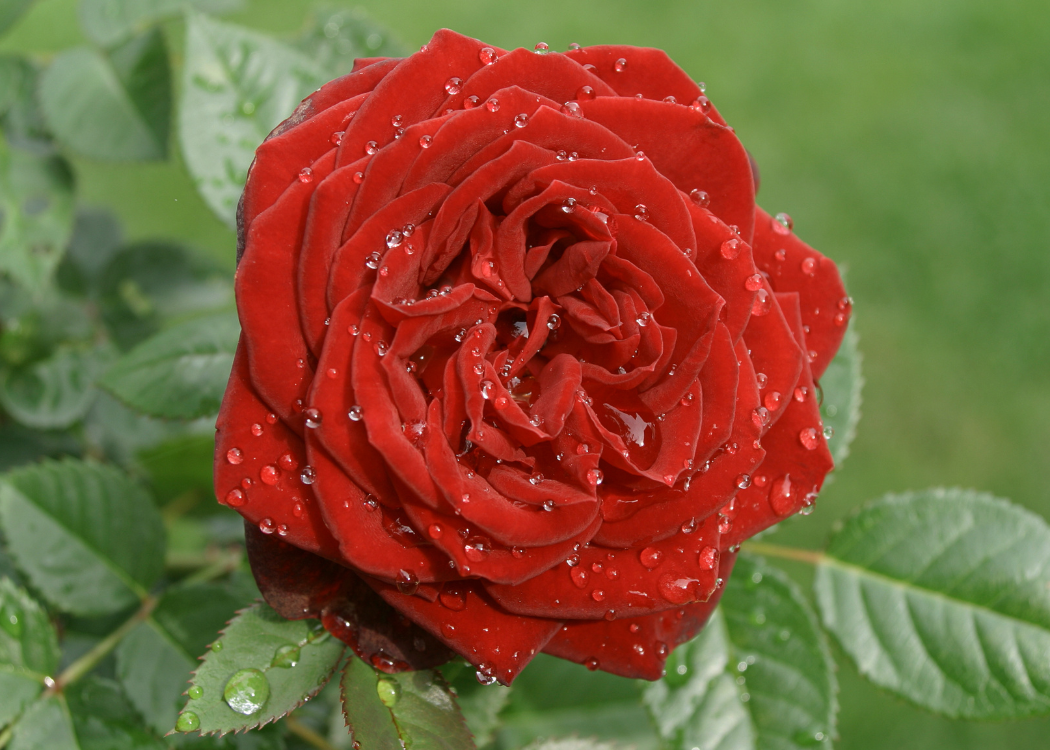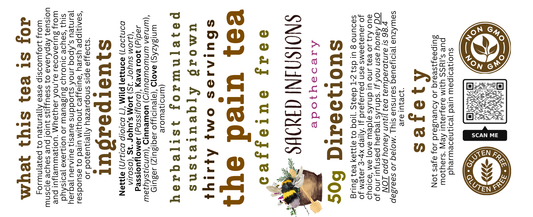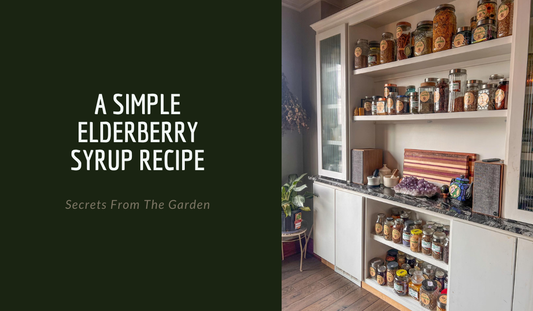I received this at the tail end of a horrible flu like illness when the nighttime coughing was the worst! This was magic and I was able to sleep
The find of the century!!! I have hit her up so many times. I cant live without it. I have it in my purse, at home, in my car, and first aid kit. My husband says I go to meet my dealer if I even start to look like could be getting low. LOVE the smell and the effect. The only downfall is I wished it lasted a little longer. That's what is so great about Lauren, she makes adjustments and pairs it with tinctures and teas until maximum comfort is reached!
I picked up the largest, 8oz, because my magnesium was out of whack. I was fatigued all the time, my headaches were continuous. I could yell a difference overnight. Every night I apply a small amount to the bottoms of each foot, behind my knees, and a tiny amount to my neck. The smell is pleasant and light. I can tell when i miss the night, my headaches return and im sluggish in the mornings. It has improved my overall mood also. I chose the kind without lavender, my mom is allergic to that and I wanted her to try it. It has become a staple in my nightly routine!
My children love when I massage this into their feet and calves while we talk before bed. They feel so relaxed , and I have loved my little routine of putting it on my feet and neck before sleep. Very effective.
I love it. i had really painful knees and after two applications pain was better. Two weeks I put down my cain. Two months put cain in storage. I am so happy. Thank You!!!

